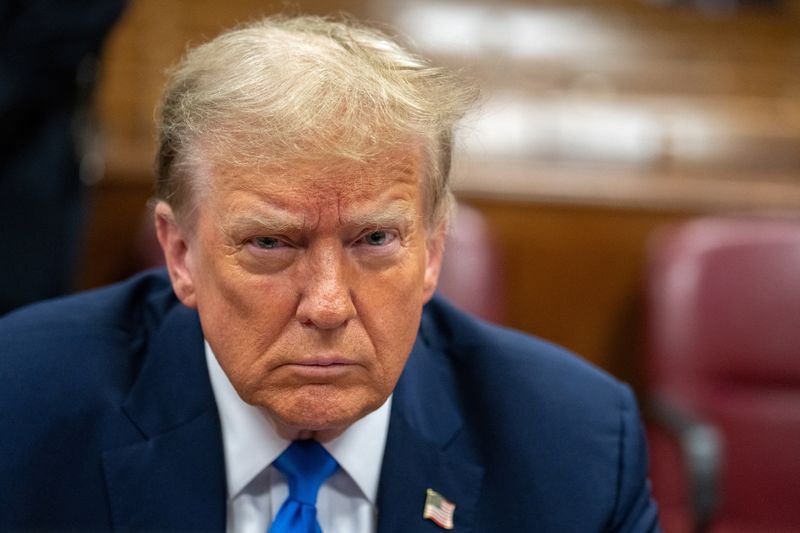PALM BEACH, FL — Former President Donald J. Trump announced plans to establish a new federal agency, the External Revenue Service (ERS), aimed at collecting revenue from foreign trade partners through tariffs and duties, signaling a dramatic shift in U.S. tax policy.
In a statement released Tuesday, Trump criticized the Internal Revenue Service (IRS) for relying on domestic taxation and vowed to redirect the nation’s revenue strategy. “For far too long, we have relied on taxing our Great People using the Internal Revenue Service (IRS),” Trump said. “It is time for that to change. I am today announcing that I will create the EXTERNAL REVENUE SERVICE to collect our Tariffs, Duties, and all Revenue that come from Foreign sources.”
Trump emphasized that the ERS would focus on generating revenue from foreign companies and governments engaged in trade with the United States. He argued that global trade agreements have historically favored foreign economies at the expense of American taxpayers. “We will begin charging those that make money off of us with Trade, and they will start paying, FINALLY, their fair share,” Trump added.
The proposed agency is set to launch on January 20, 2025, aligning with the potential start of a second Trump administration should he secure re-election. Trump’s announcement did not detail how the ERS would operate alongside existing agencies like the IRS and U.S. Customs and Border Protection, which already manage tariffs and trade-related revenue.
The plan is expected to reignite debates over U.S. trade policy and taxation, with critics likely to question its economic impact and legal feasibility. Supporters of Trump’s “America First” agenda may view the proposal as a continuation of his efforts to reshape global trade dynamics.
The Biden administration has not responded to Trump’s announcement.

